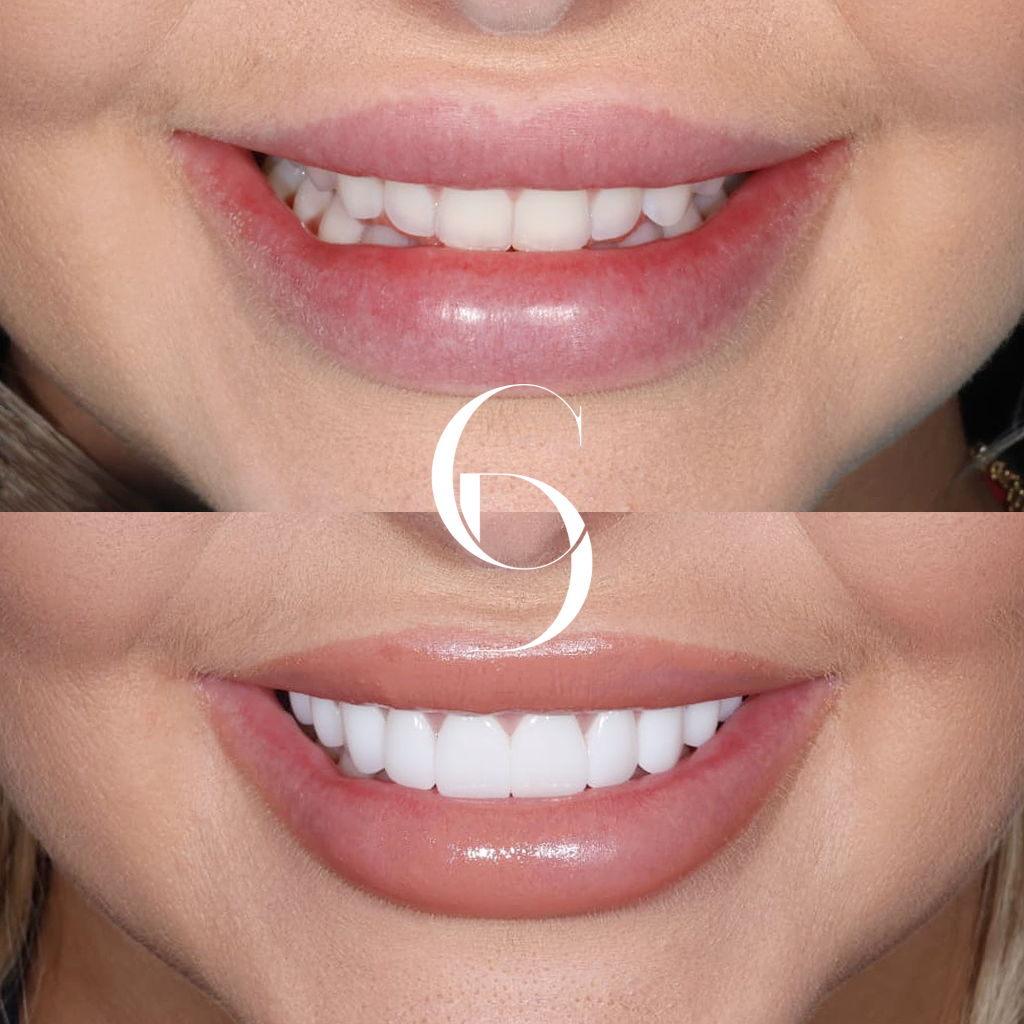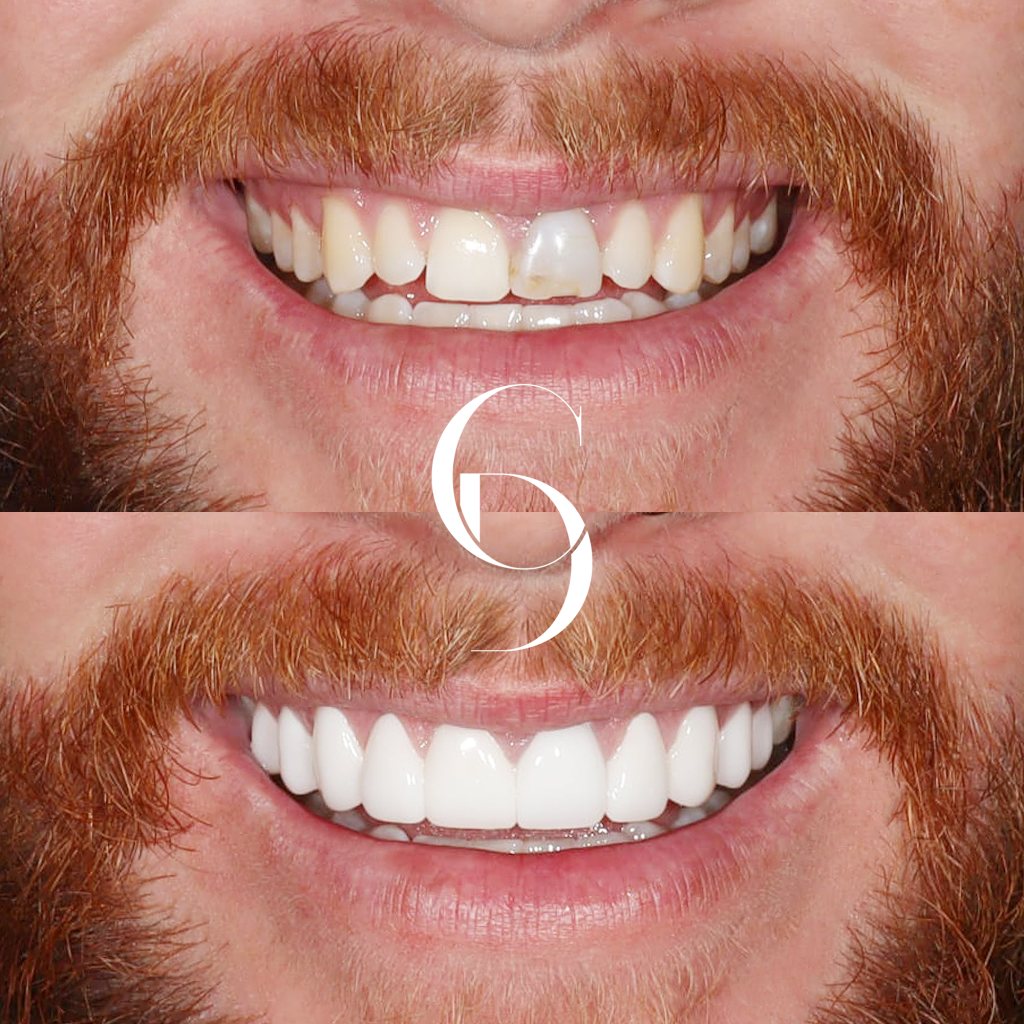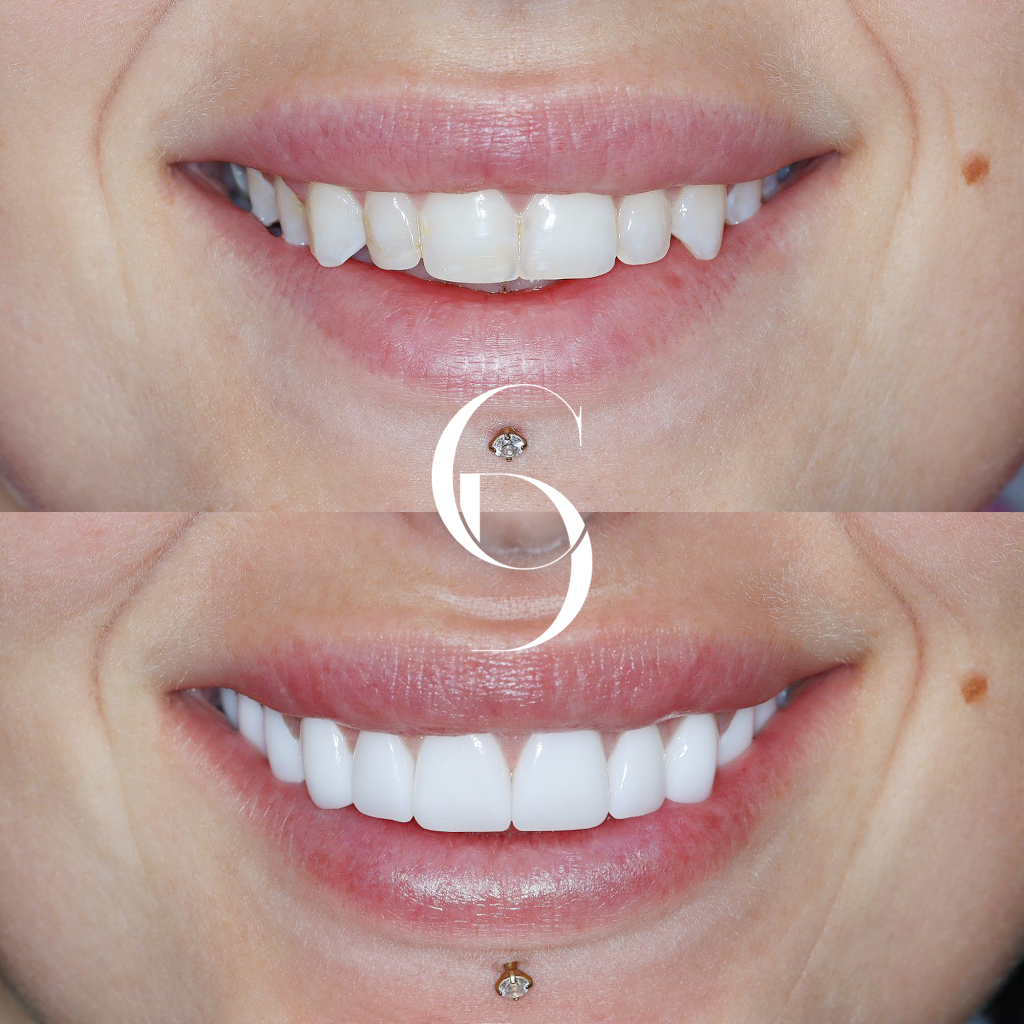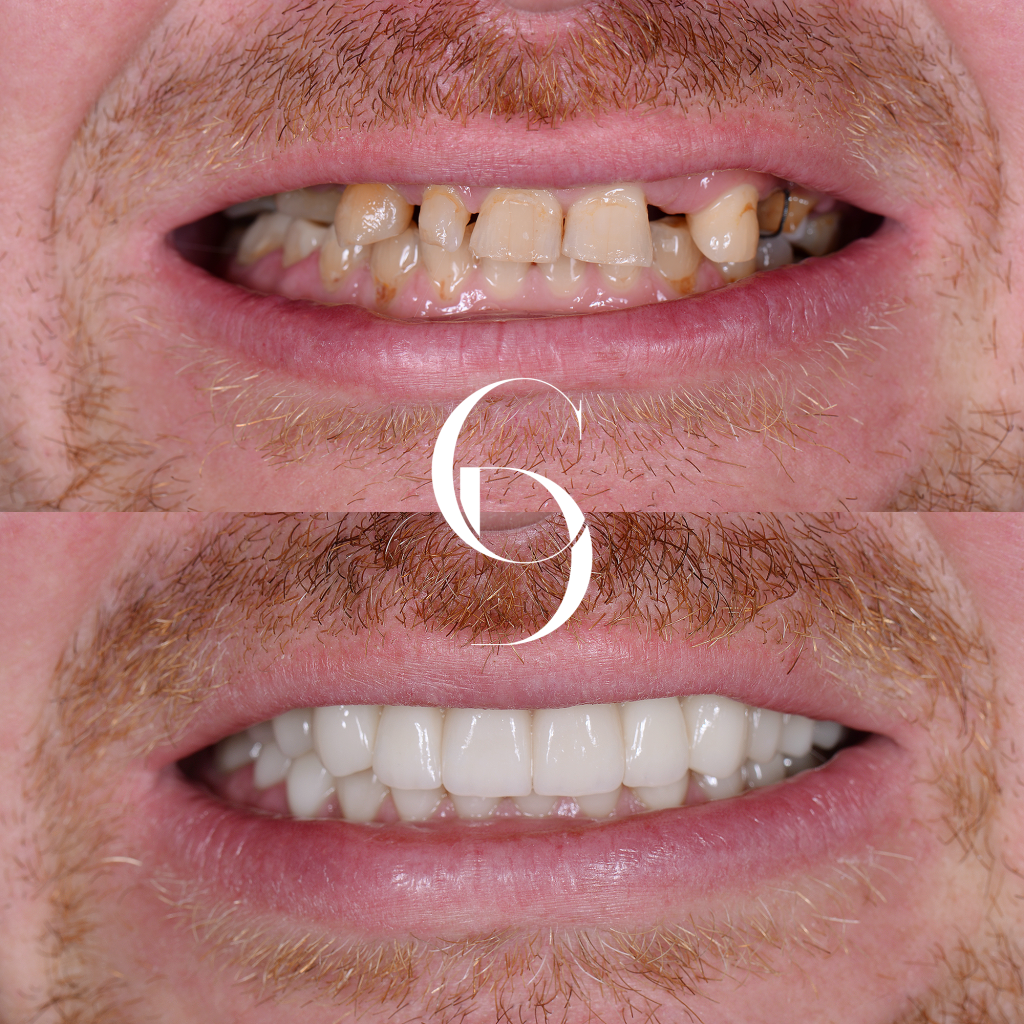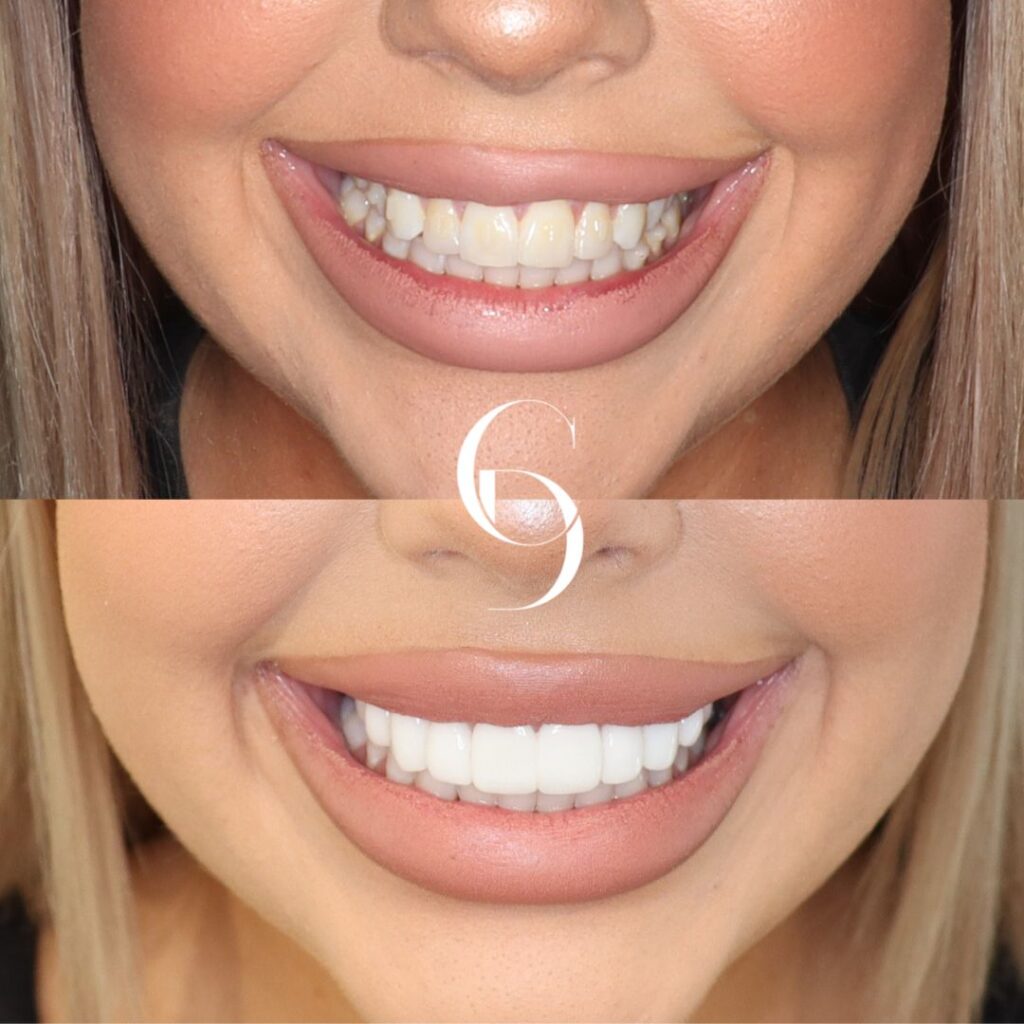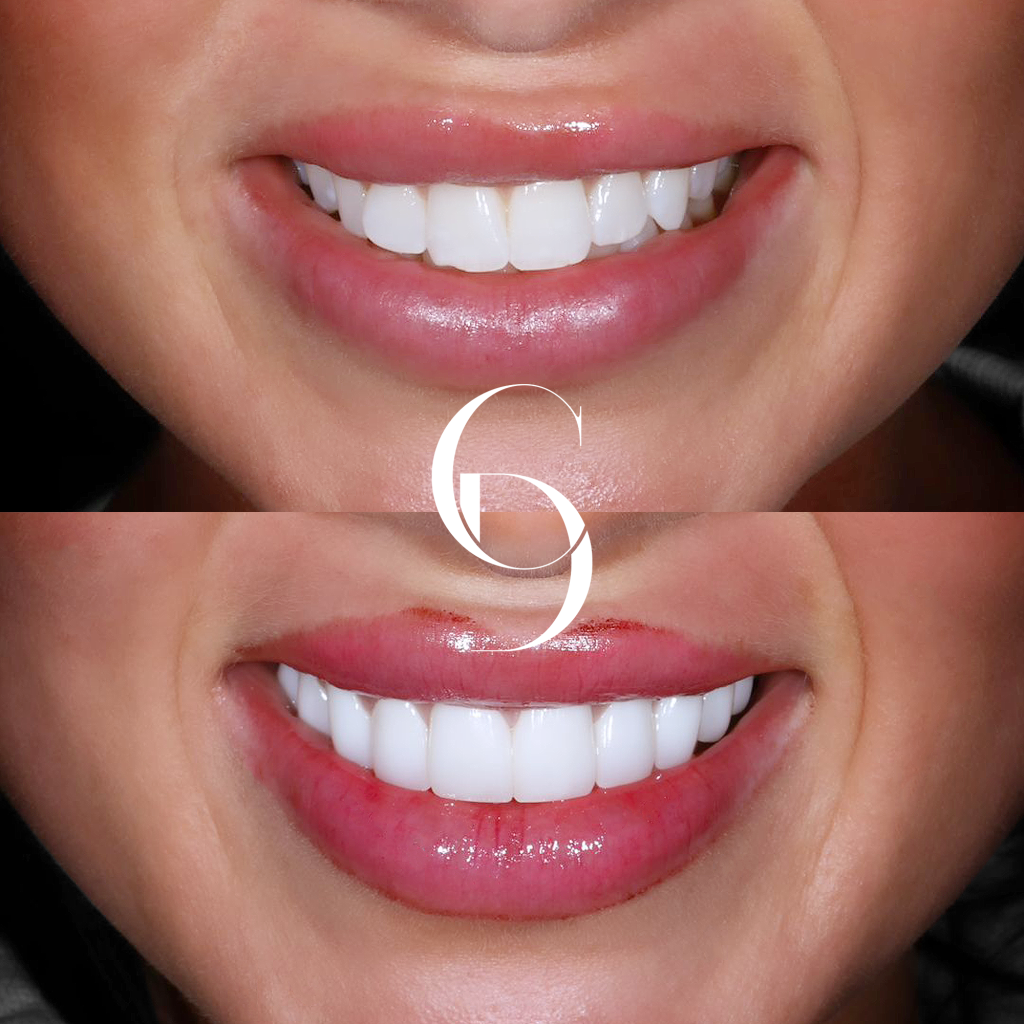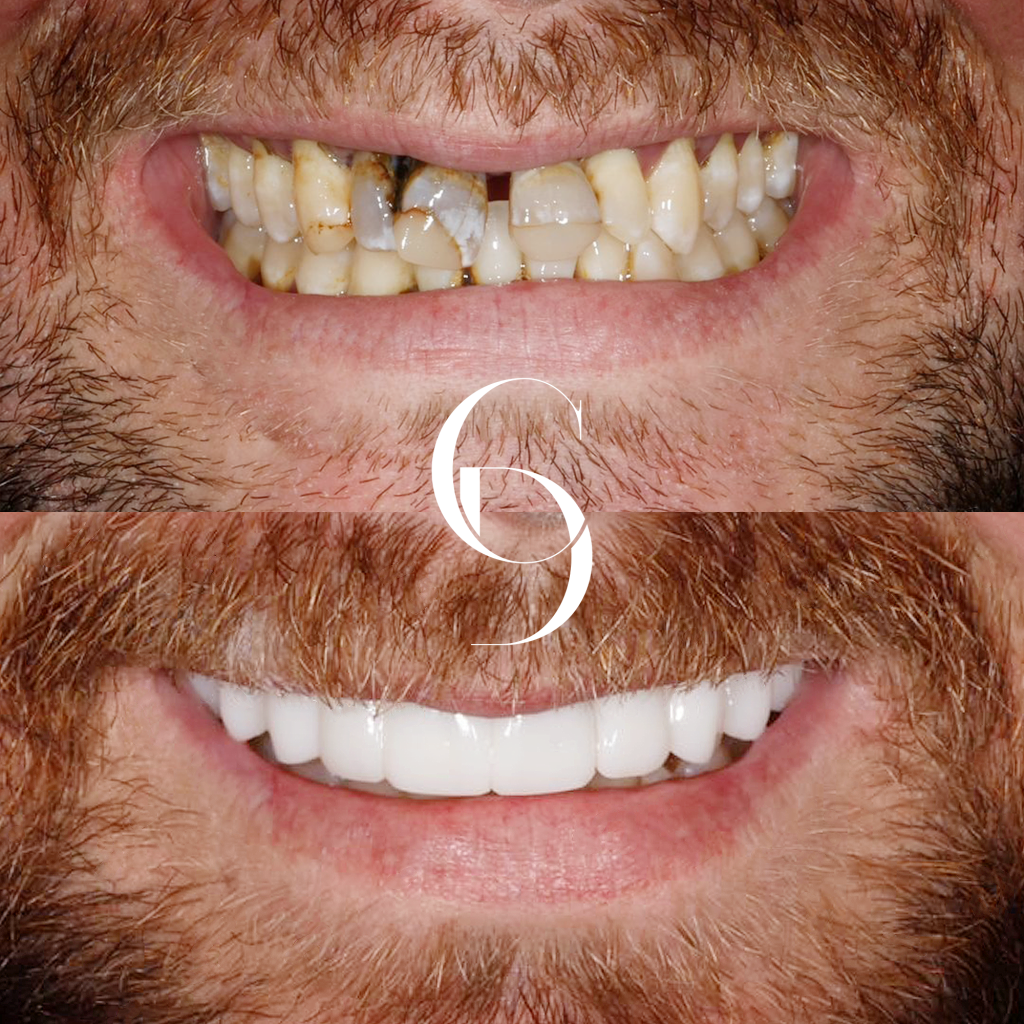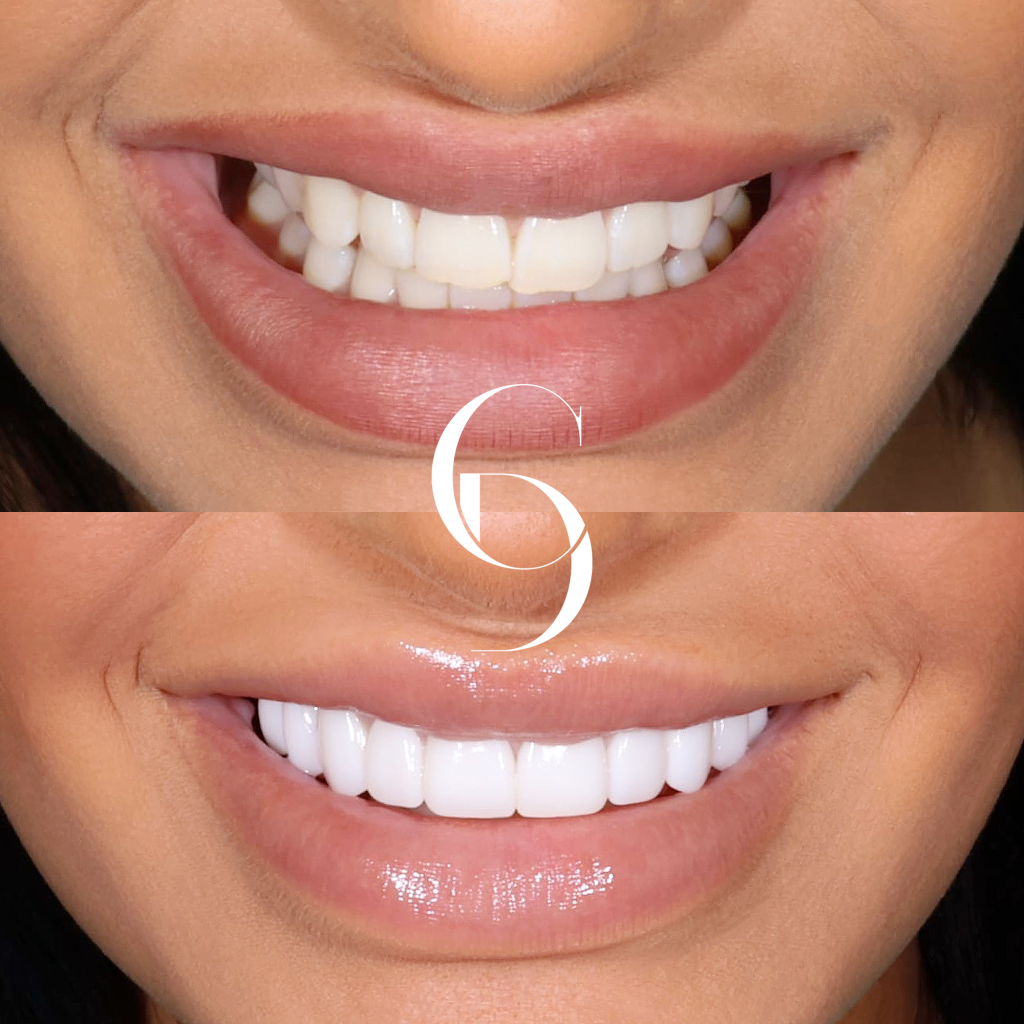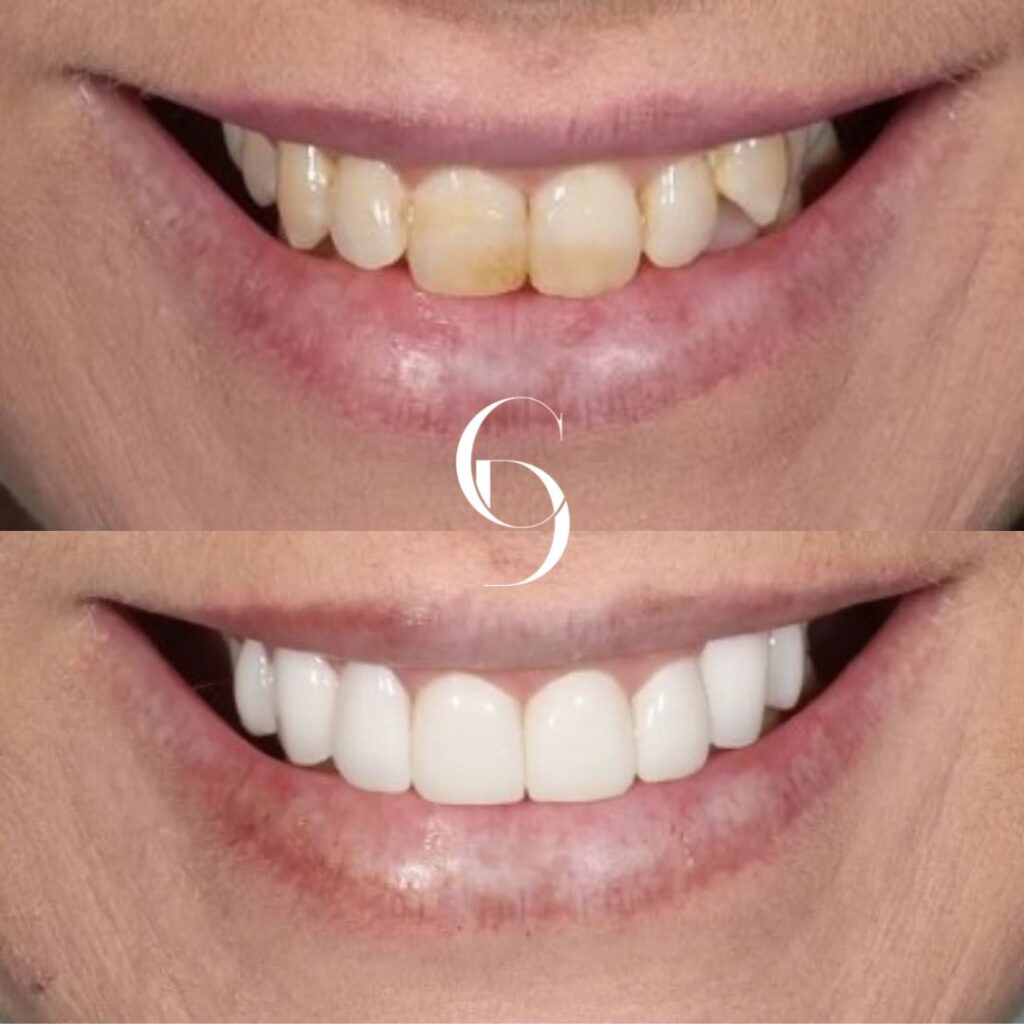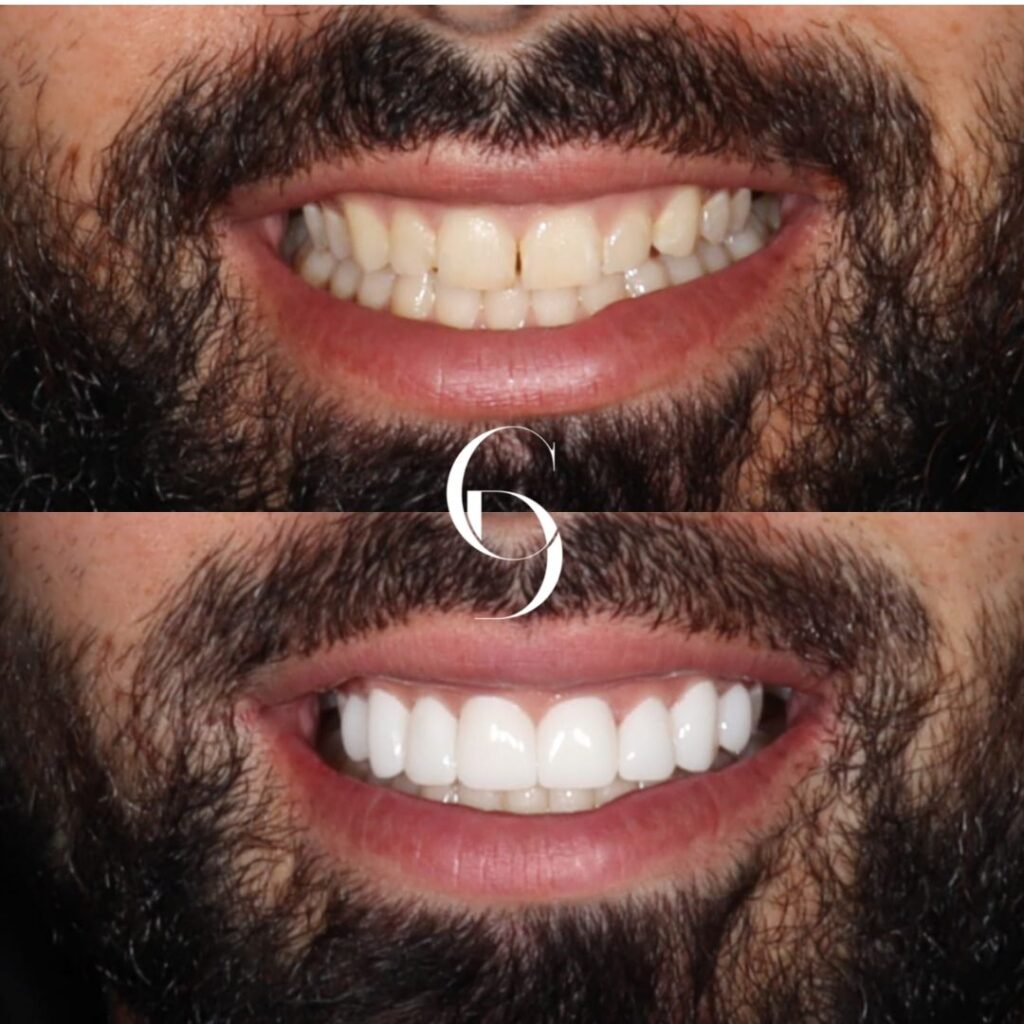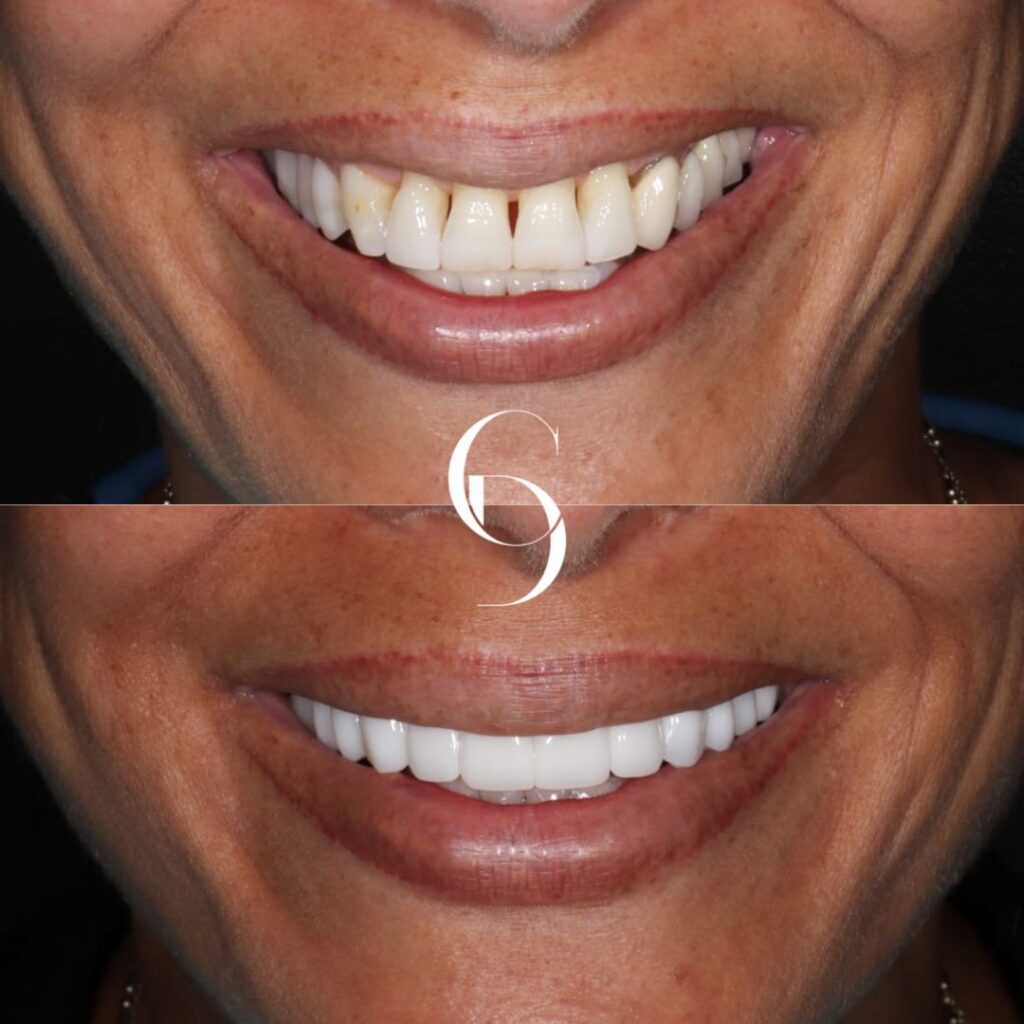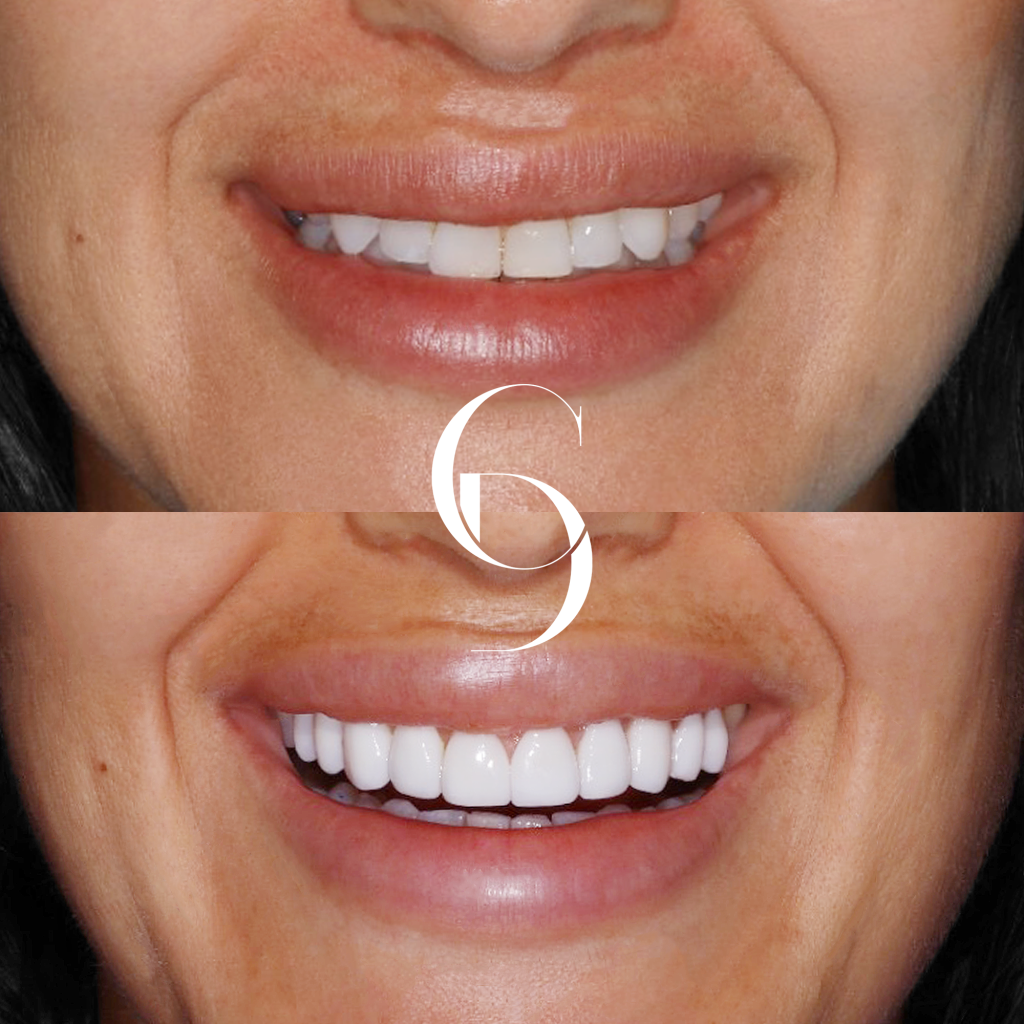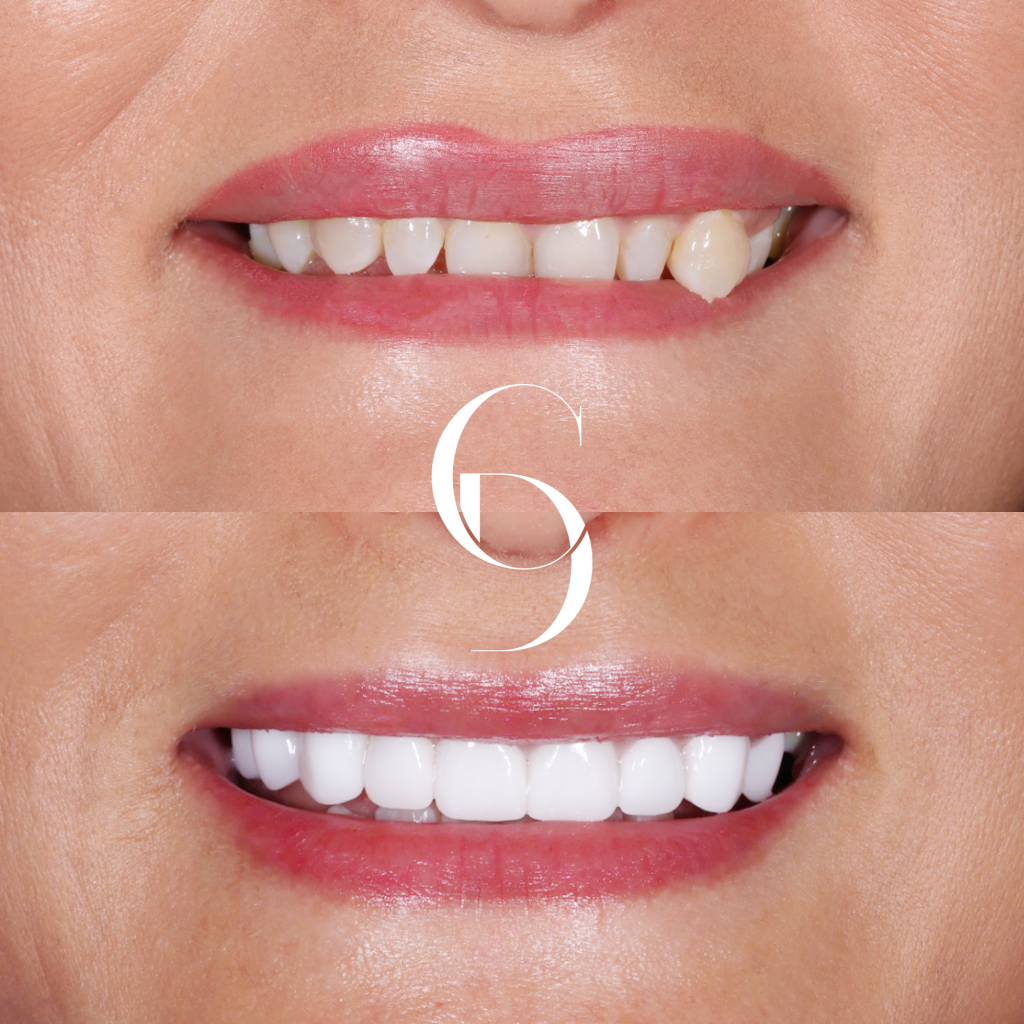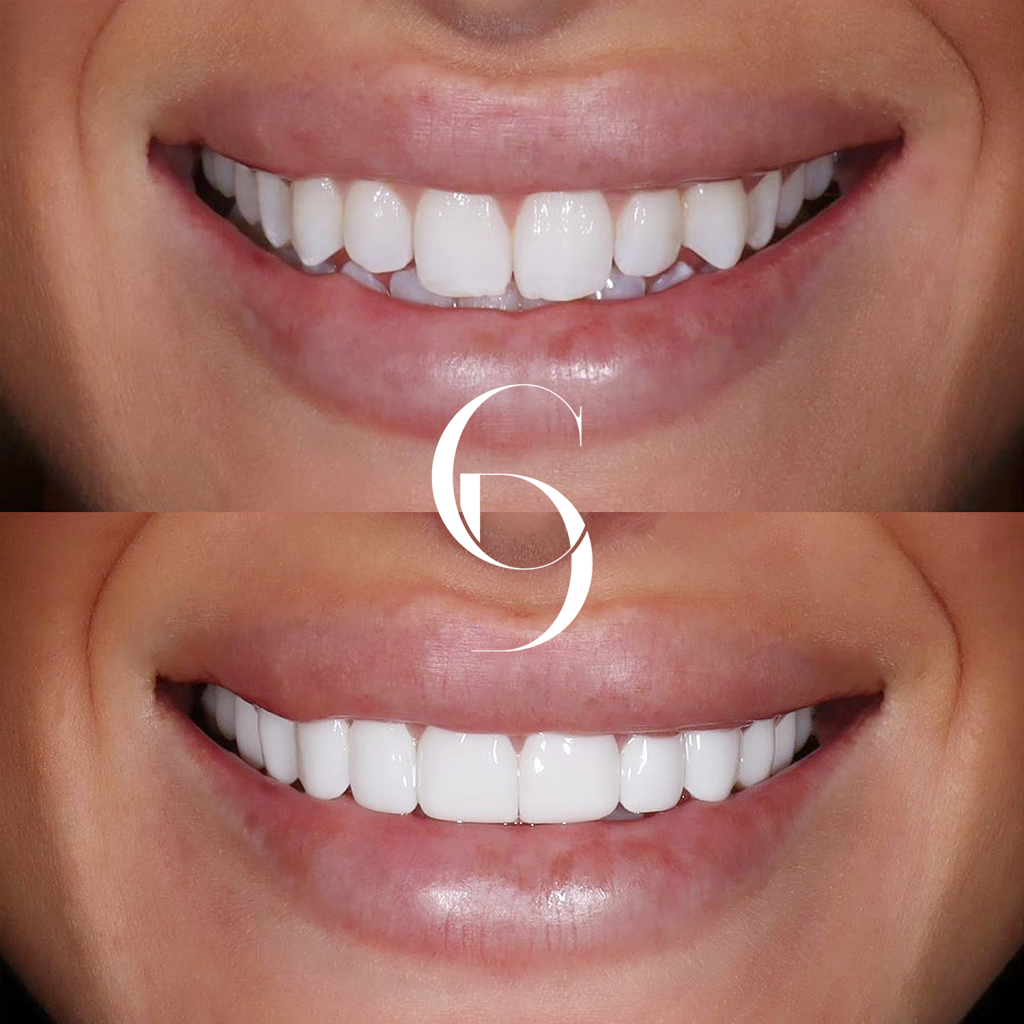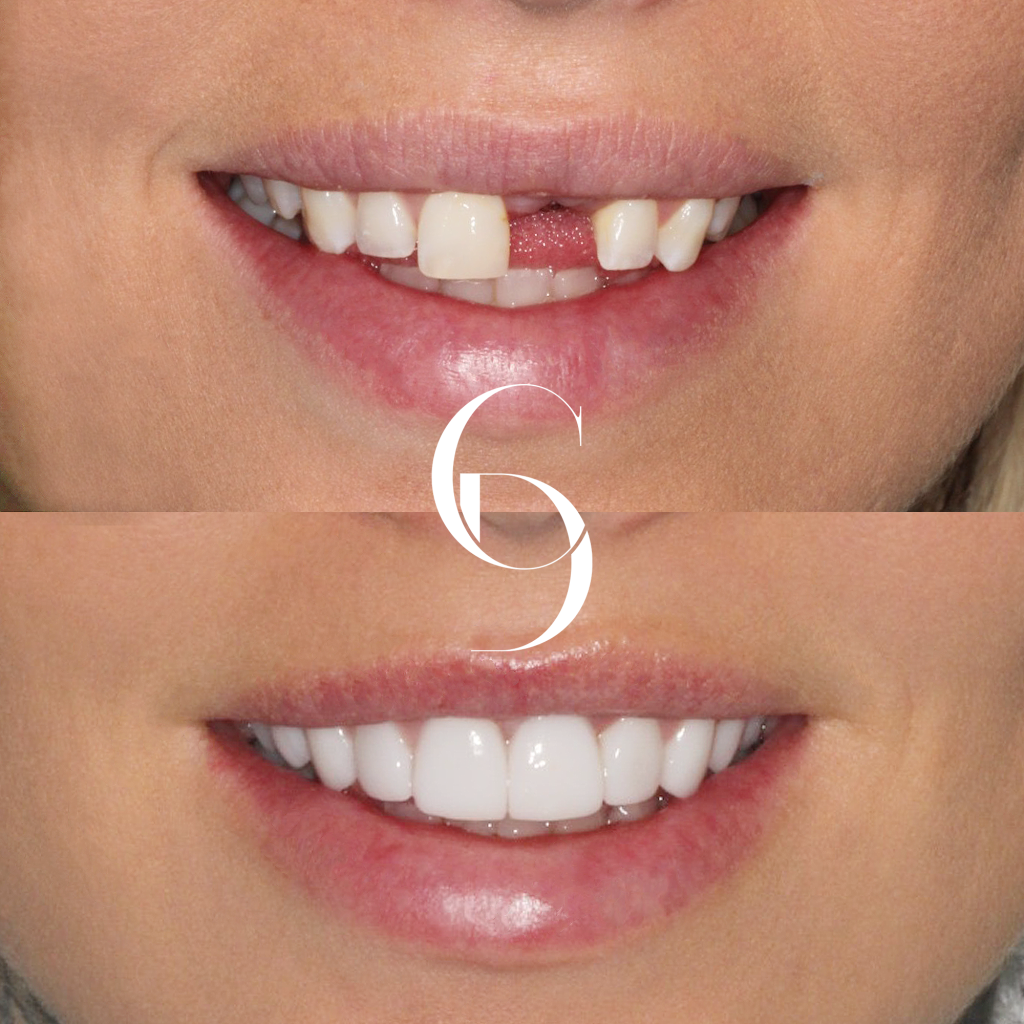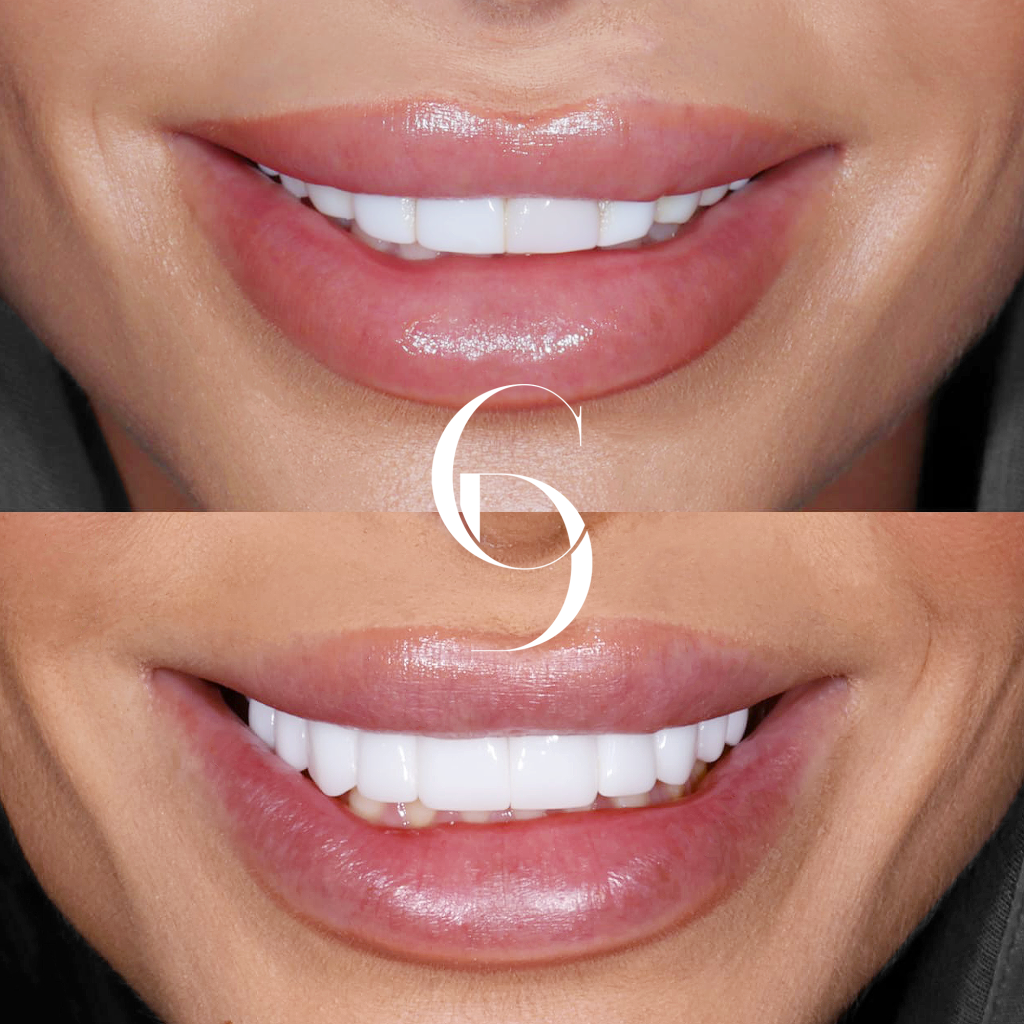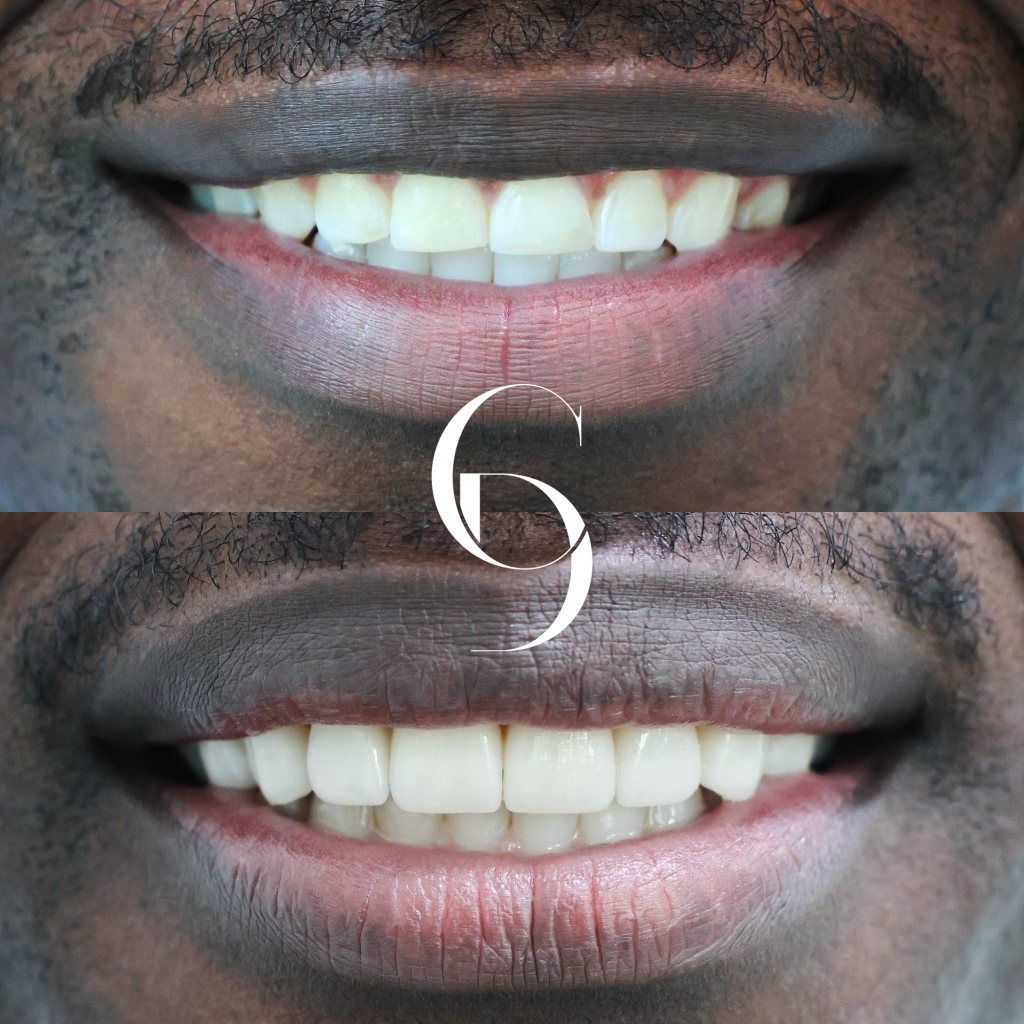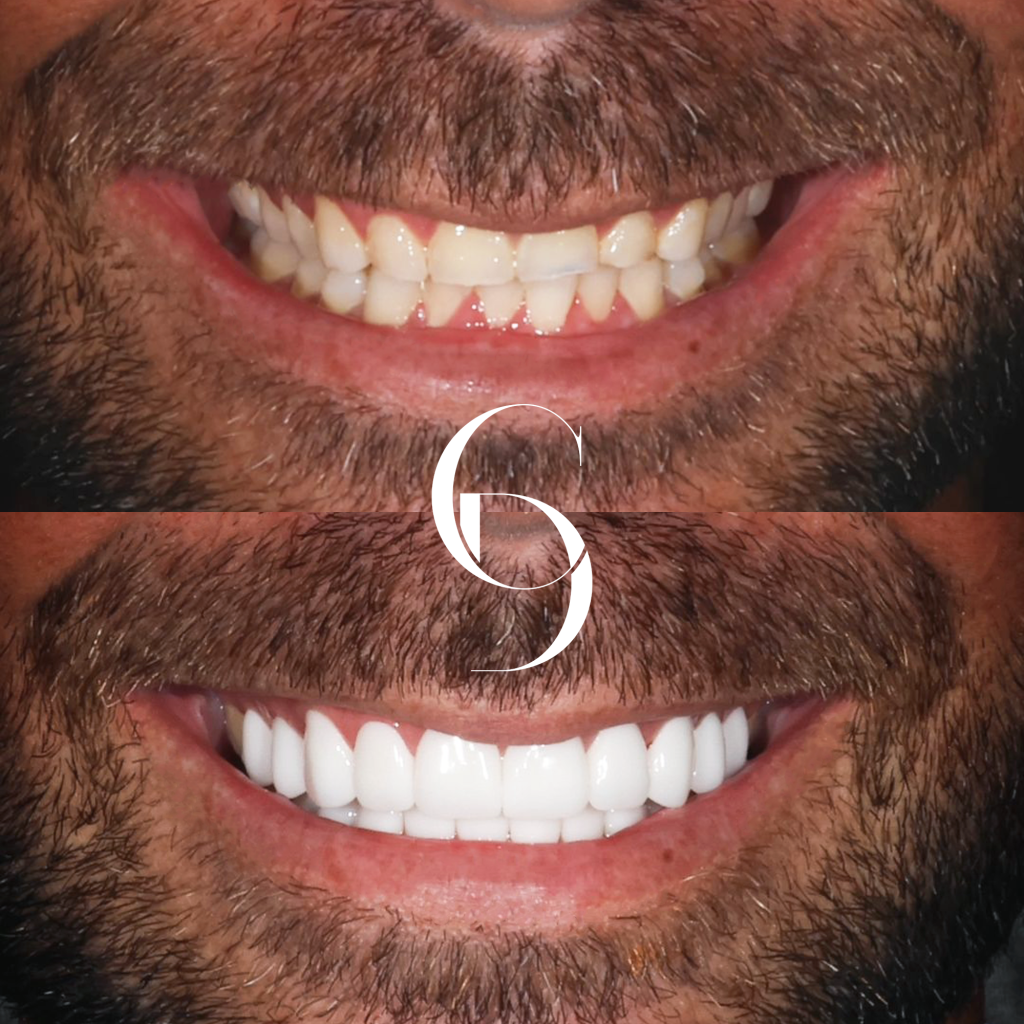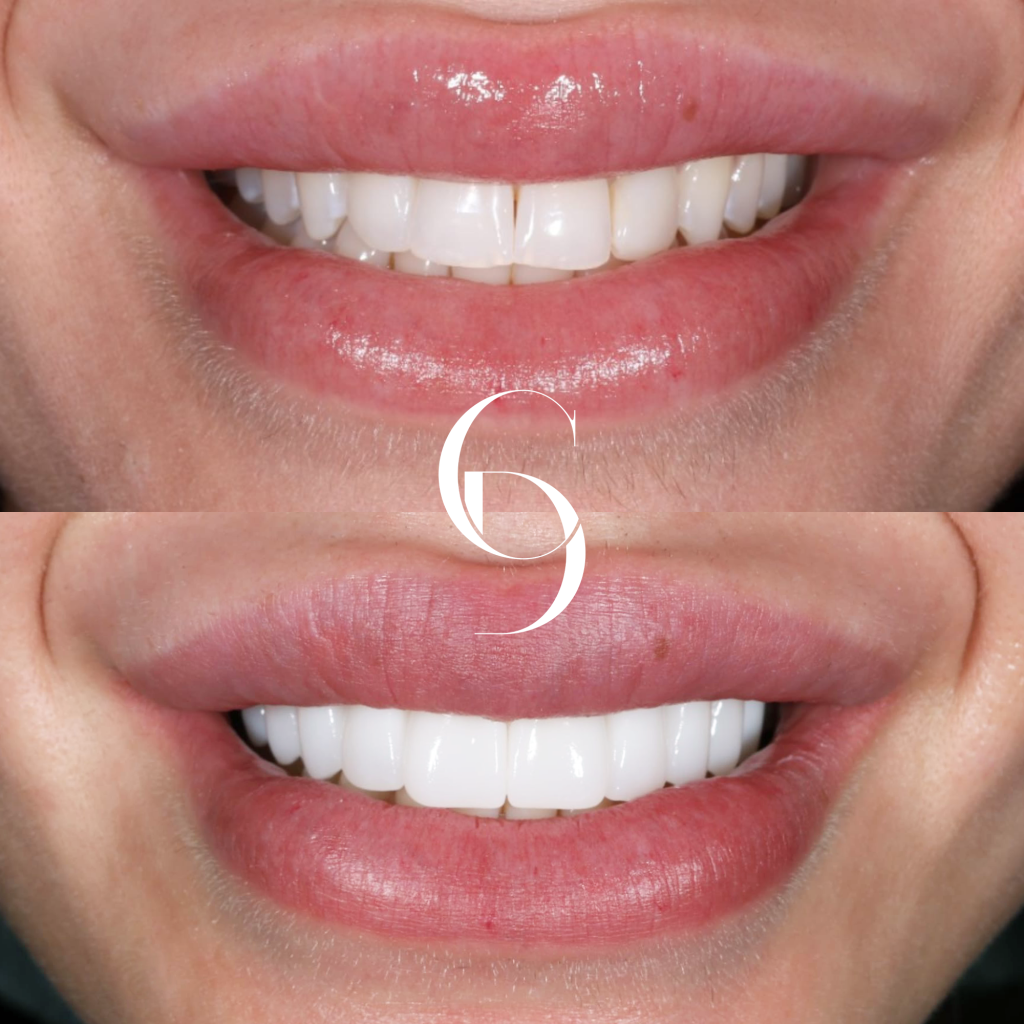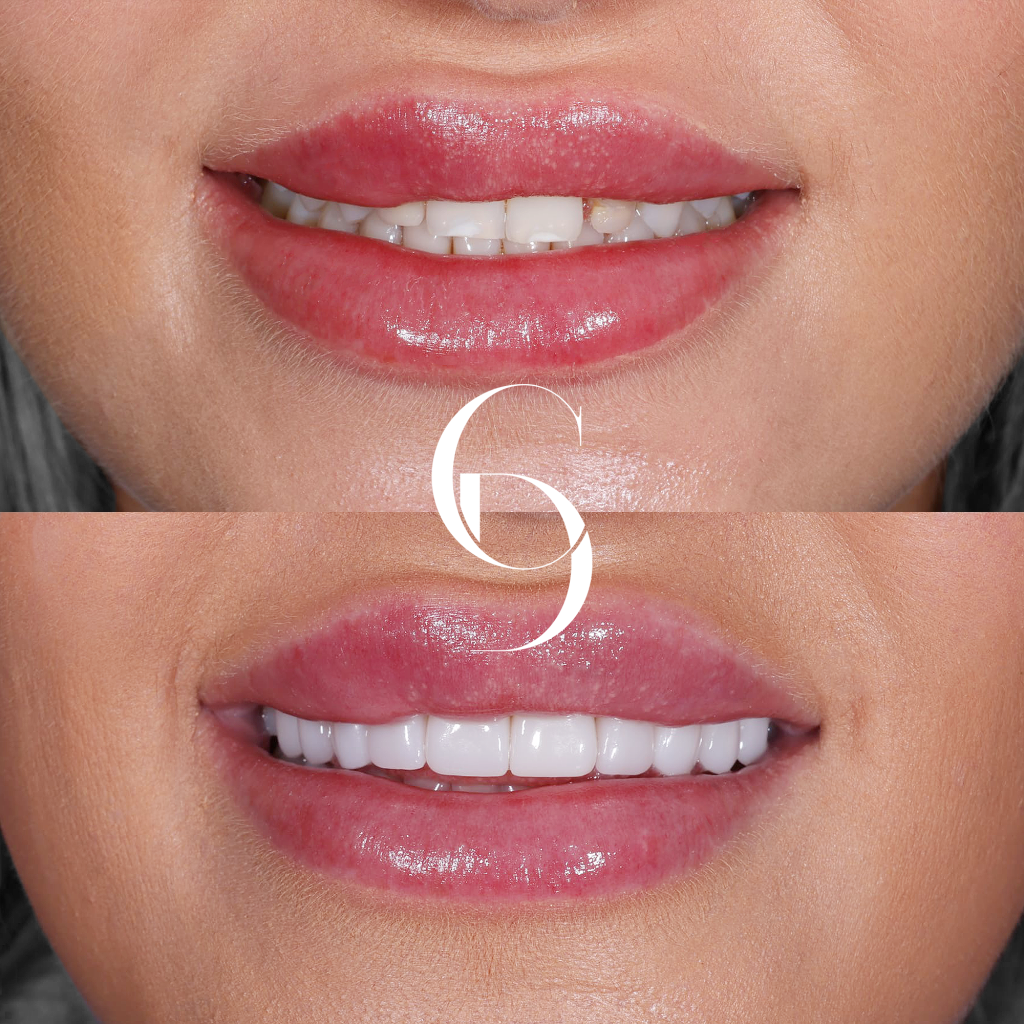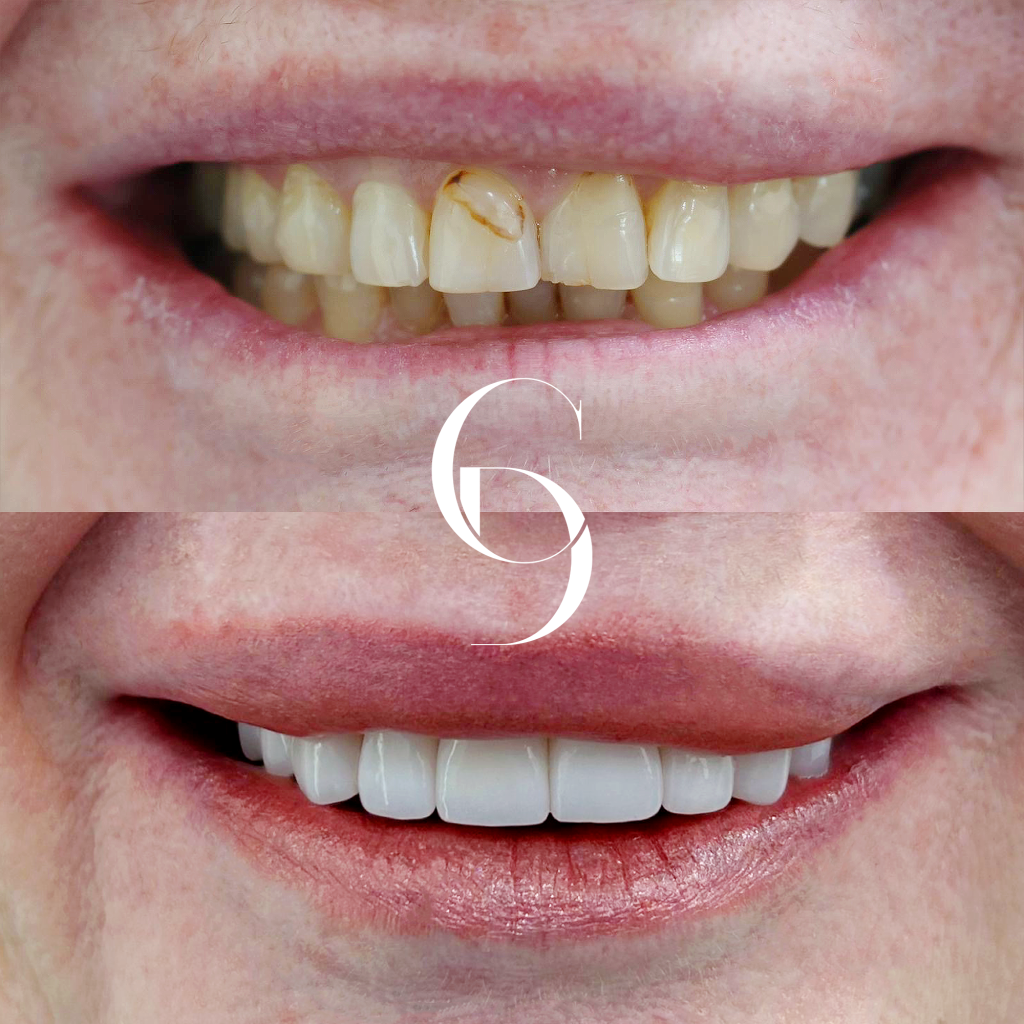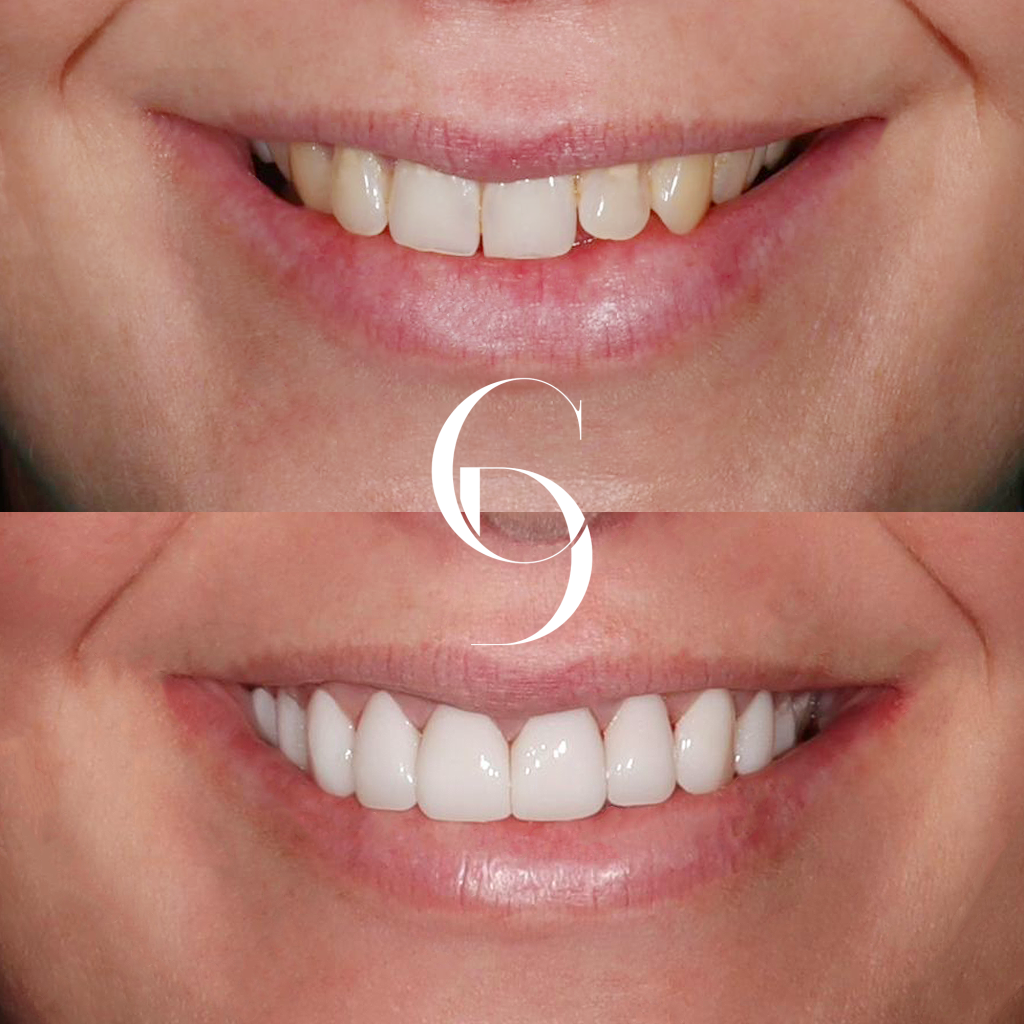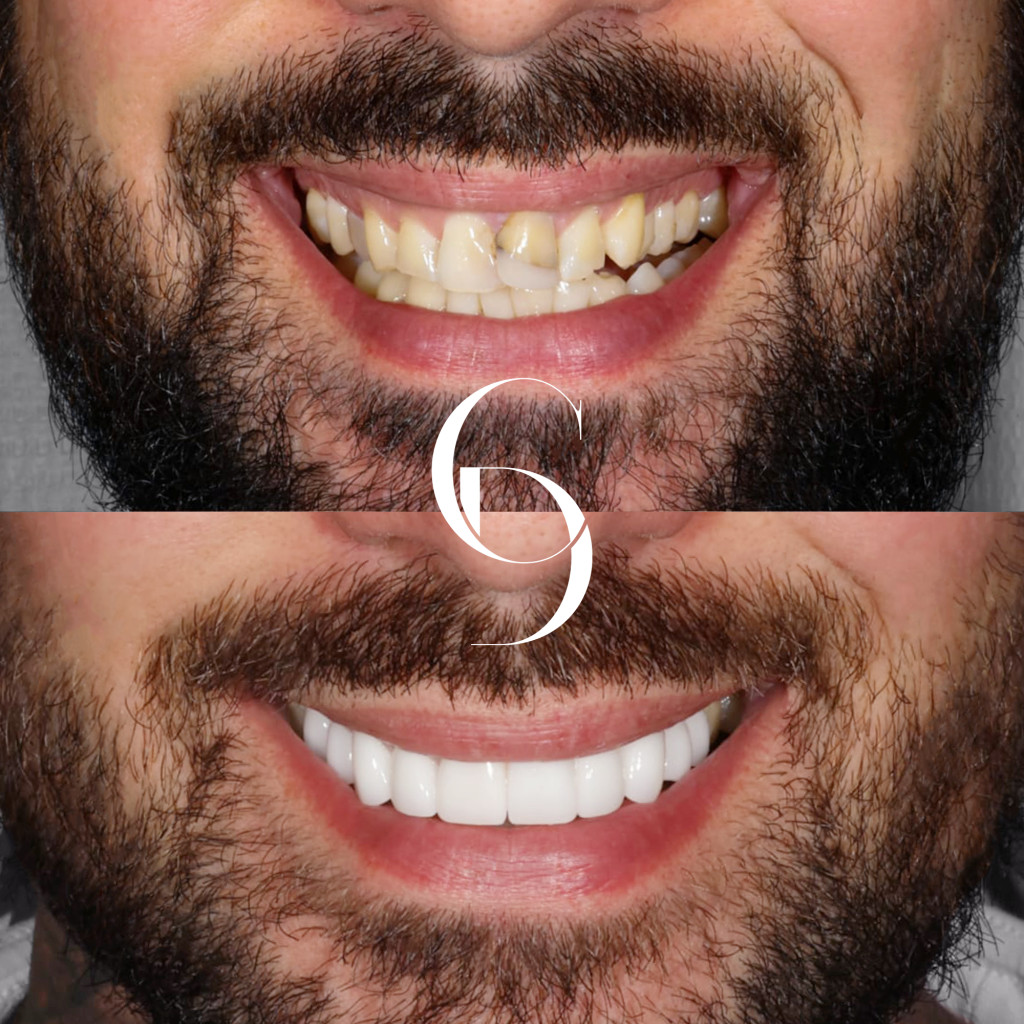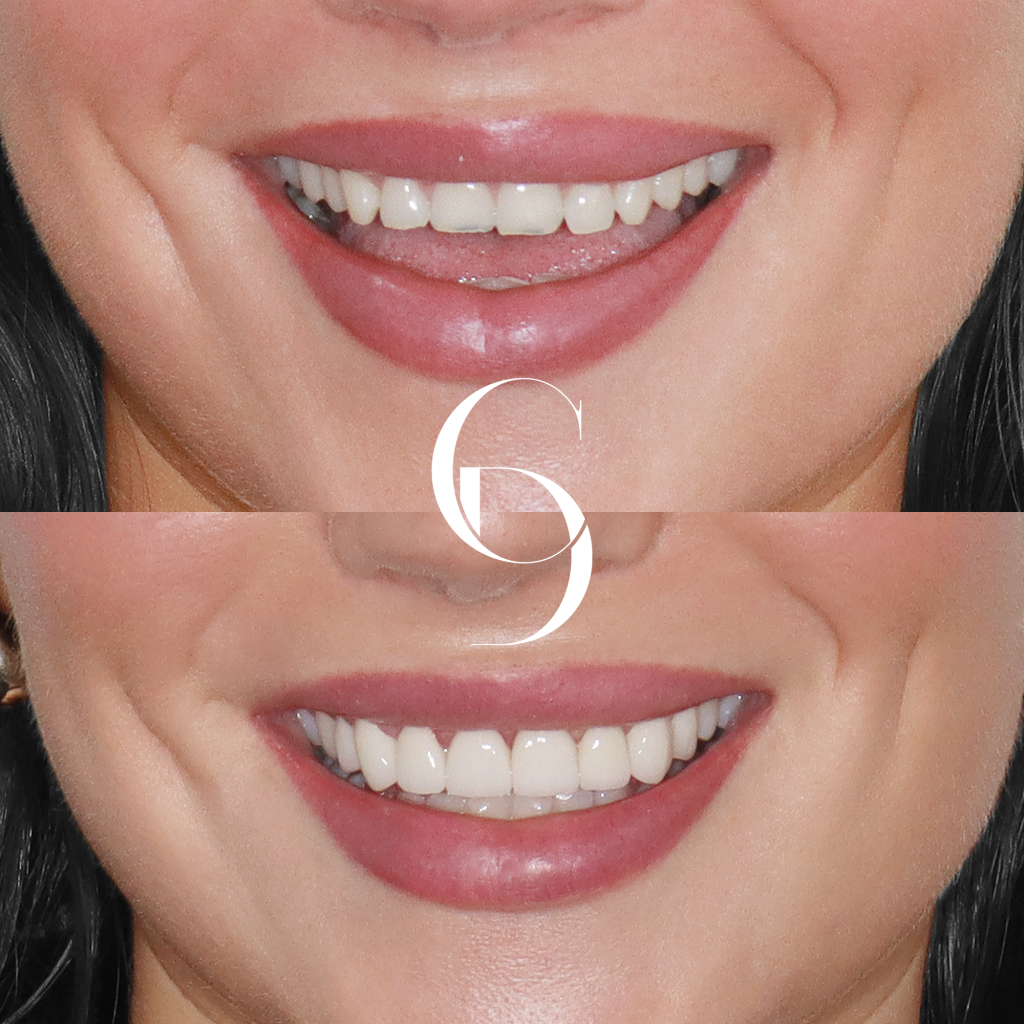We have been utilizing manual toothbrushes for ages, but technological advancements have introduced us to an alternative- an electric toothbrush. This toothbrush has a rotating head that functions using power from its rechargeable batteries and is supposed to be more convenient and quick. However, since its launch, there has been a debate about whether or not these smart toothbrushes work soundfully without causing any harm to teeth.
If you are also uncertain about electric toothbrushes’ worth as your new oral health care partner, this blog will help you get out of this confusion. Scroll down and learn some valuable information about these toothbrushes.
How an Electric Toothbrush Works?
An electric toothbrush operates using electrical power, typically from rechargeable batteries. There is a small motor that generates rotation or vibration inside the handle, which eventually makes the brush head follow the same pattern. Unlike manual toothbrushes, which depend solely on our hand’s motion, these provide mechanical movement which enhances cleaning efficiency. The rapid, controlled motion of the bristles helps dislodge and remove plaque, food particles, and bacteria. There are several electric toothbrushes equipped with timers or interval alerts to ensure users’ brushing timing does not exceed the suggested period of two minutes. Let’s now know what significance these brushes hold for your teeth.
Electric toothbrush: The perks of Using
More Effective Plaque Removal
Thorough cleanliness is vital to maintain your oral health. This becomes even more essential when you have undergone a treatment like dental crowns, teeth veneers, or others that need extra care.
Having vibration or rotation motions, these toothbrushes are known to have a better ability to remove plaque, otherwise missed by the manual ones. The extra level of cleanliness perhaps contributes to the longevity of your real or dental prosthetics. There has been no association has been found about these smart toothbrushes being adhesive on teeth in any manner.
Besides, in a study, orthodontic patients were found to have better efficiency with electric toothbrushes. Brushing their teeth with braces was effortless as compared to manual toothbrushes.
No Exceeded Brushing Time With Built-in Timers
Brushing is vital, but overbrushing is a thing of concern. Dental experts advise brushing up to 2 minutes twice a day, and exceeding this timeframe may have a negative impact on your teeth enamel, dental veneers or gums. However, this overdoing is simply neglected when you hold an electric brush in your hand. Most of these brushes are equipped with an in-built timer that alarms when the dedicated period is over.
Ease of Use, Better Focus, Better Hygiene
Oral care becomes difficult when a person suffers from mobility issues. However, electric toothbrushes act as a savior for those, as their moving head does not require much manual force to clean your mouth comprehensively.
Studies have shown that when people brush their teeth using an electric brush, they are more concentrated on brushing, ensuring better oral care.
Are These Really Worth Buying?
Though many studies have found the perks of these electrically powered brushes, there are some other evaluations that are not so impressed by their usage.
One of the studies comparing manual and electrical toothbrushes on elderly people said that both methods were equally effective for removing plaque and bacteria from the teeth.
This raises the question, why should one spend enormous amounts of money on purchasing such toothbrushes to have the same level of cleanliness as its much cheaper alternatives?
However, getting those additional features, like the timer and better convenience with less mobility, gives these brushes extra points.
Getting back to where we started: “Is Electric Toothbrush Good For Your Teeth or Not?” – It is clear from several studies that there is no evidence of the damaging effects of vibrating or rotating toothbrushes on your teeth, implants, crowns or veneers. Thus, if cost is not a concern for you, you can accept it as a safe option for performing your oral hygiene.
Wrapping Up
The introduction of electric toothbrushes has ignited a debate that continues to spark curiosity. As we’ve explored the mechanics of these electric marvels, it’s become clear that their rotating heads and precision movements hold promise for revolutionizing oral hygiene.

